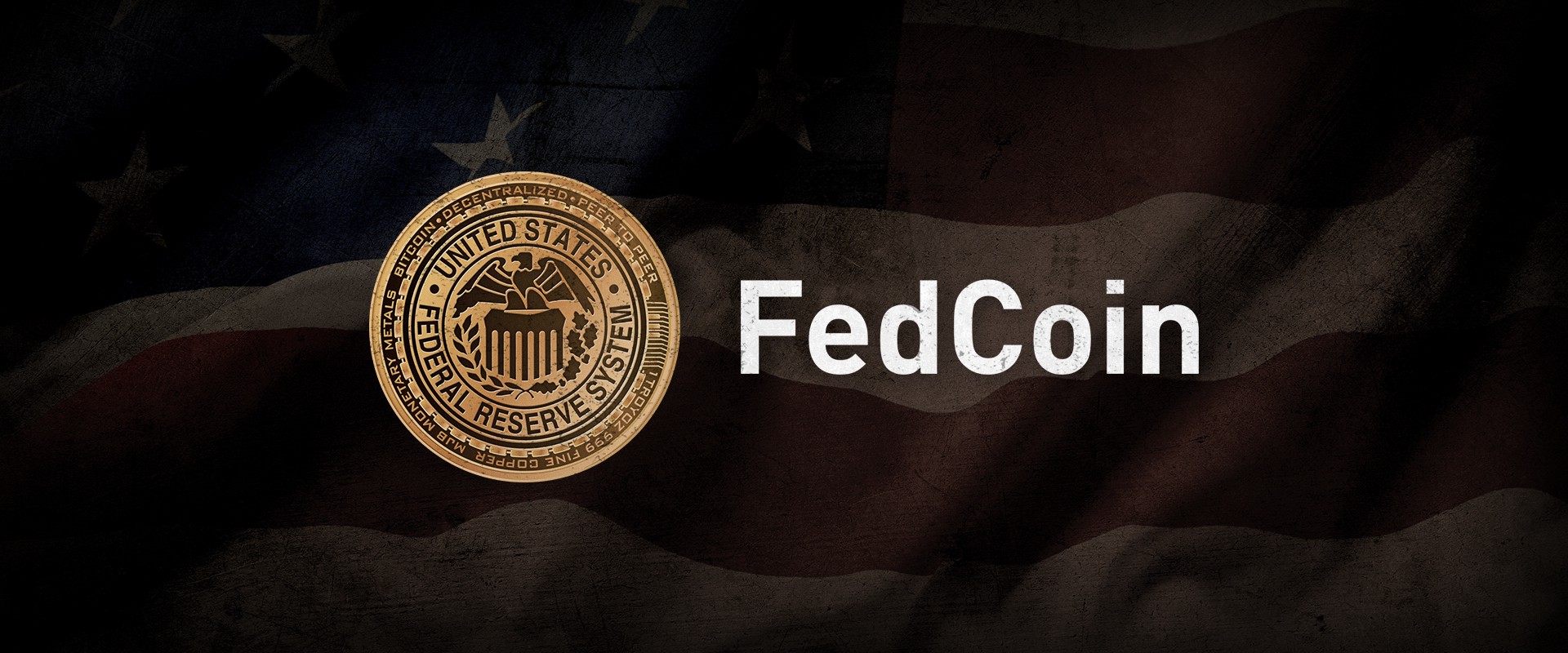PALO ALTO, Calif. (Reuters) - The Federal Reserve is taking a look at a broad series of problems around digital payments and currencies, including policy, style and legal factors to consider around potentially providing its own digital currency, Governor Lael Brainard said on Wednesday. Brainard's remarks recommend more openness to the possibility of a Fed-issued digital coin than in the past." By changing payments, digitalization has the prospective to deliver greater Home page value and benefit at lower cost," Brainard said at a conference on payments at the Stanford Graduate School of Business.
Reserve banks worldwide are disputing how to handle digital financing innovation and the dispersed ledger systems utilized by bitcoin, which promises near-instantaneous payment at potentially low expense. The Fed is developing its own day-and-night real-time payments and settlement service and is presently reviewing 200 comment letters sent late in 2015 about the suggested service's design and scope, digital fed coin Brainard stated.

Less than two years ago Brainard told a conference in San Francisco that there is "no compelling Click here showed need" for such a coin. But that was before the scope of Facebook's digital currency aspirations were extensively understood. Fed authorities, consisting of Brainard, have actually raised concerns about customer securities and data and personal privacy dangers that could be positioned by a currency that could enter use by the third of the world's population that have Facebook accounts.
" We are working together with other reserve banks as we advance our understanding of reserve bank digital currencies," she stated. With more countries looking into providing their own digital currencies, Brainard said, that contributes to "a set of reasons to also be making certain that we are that frontier of both research and policy advancement." In the United States, Brainard said, concerns that require research study include whether a digital currency would make the payments system much safer or easier, and whether it might present monetary stability dangers, including the possibility of bank runs if money can be turned "with a single swipe" into the reserve bank's digital currency.
To counter the financial damage from America's unmatched national lockdown, the Federal Reserve has actually taken unprecedented steps, including flooding the economy with dollars and investing straight in the economy. The majority of these moves received grudging approval even from lots of Fed doubters, as they saw this stimulus as needed and something just the Fed might do.
My brand-new CEI report, "Government-Run Payment Systems Are Risky at Any Speed: The Case Versus Fedcoin and FedNow," information the risks of the Fed's present plans for its what is fedcoin FedNow real-time payment system, and propositions for main bank-issued cryptocurrency that have actually been called Fedcoin or the "digital dollar." In my report, I go over concerns about privacy, information security, currency control, and crowding out private-sector competitors and innovation.
Proponents of FedNow and Fedcoin state the government must develop a system for payments to deposit quickly, instead of motivate such systems in the economic sector by raising regulative barriers. But as noted in the paper, the private sector is providing a seemingly endless supply of payment technologies and digital currencies to fix the problemto the degree it is a problemof the time gap between when a payment is sent and when it is received in a savings account.
And the examples of private-sector development in this location are many. The Clearing House, a bank-held cooperative that has been routing interbank payments in numerous kinds for more than 150 years, has actually been clearing real-time payments considering that 2017. By the end of 2018 it was covering half of the deposit base in the U.S.